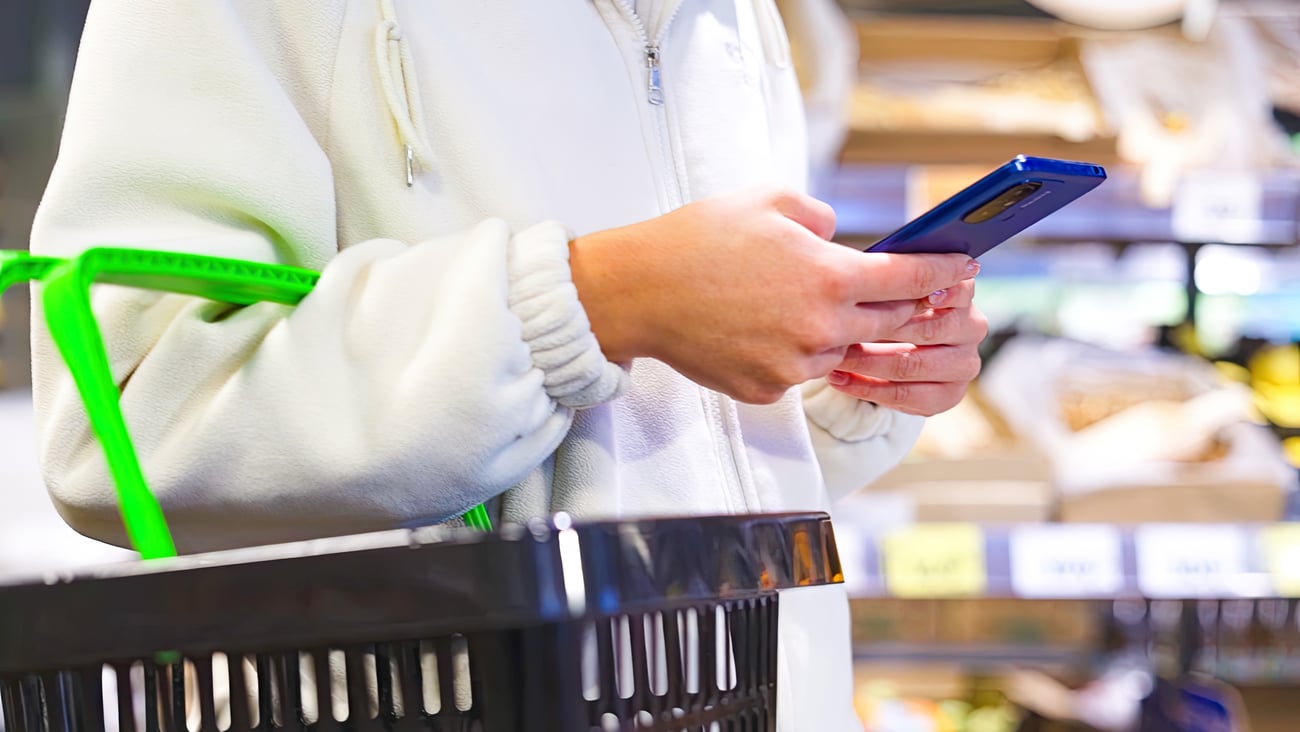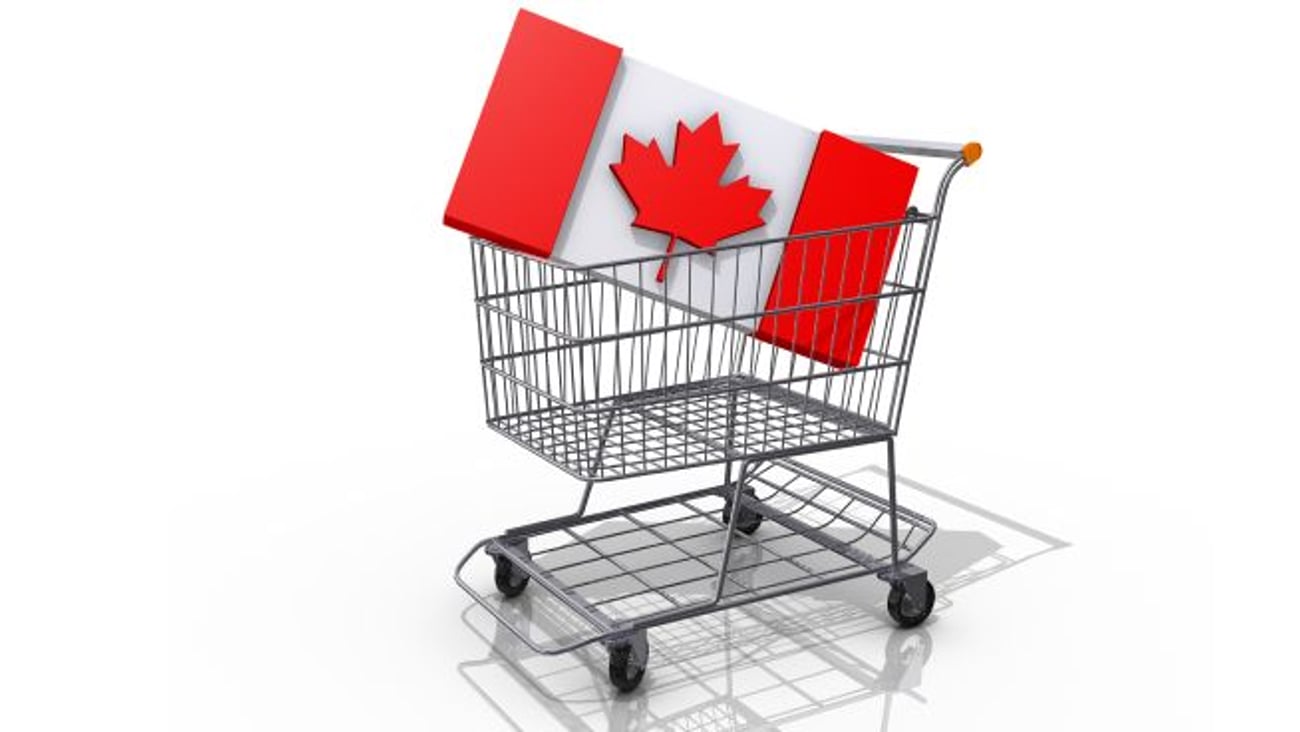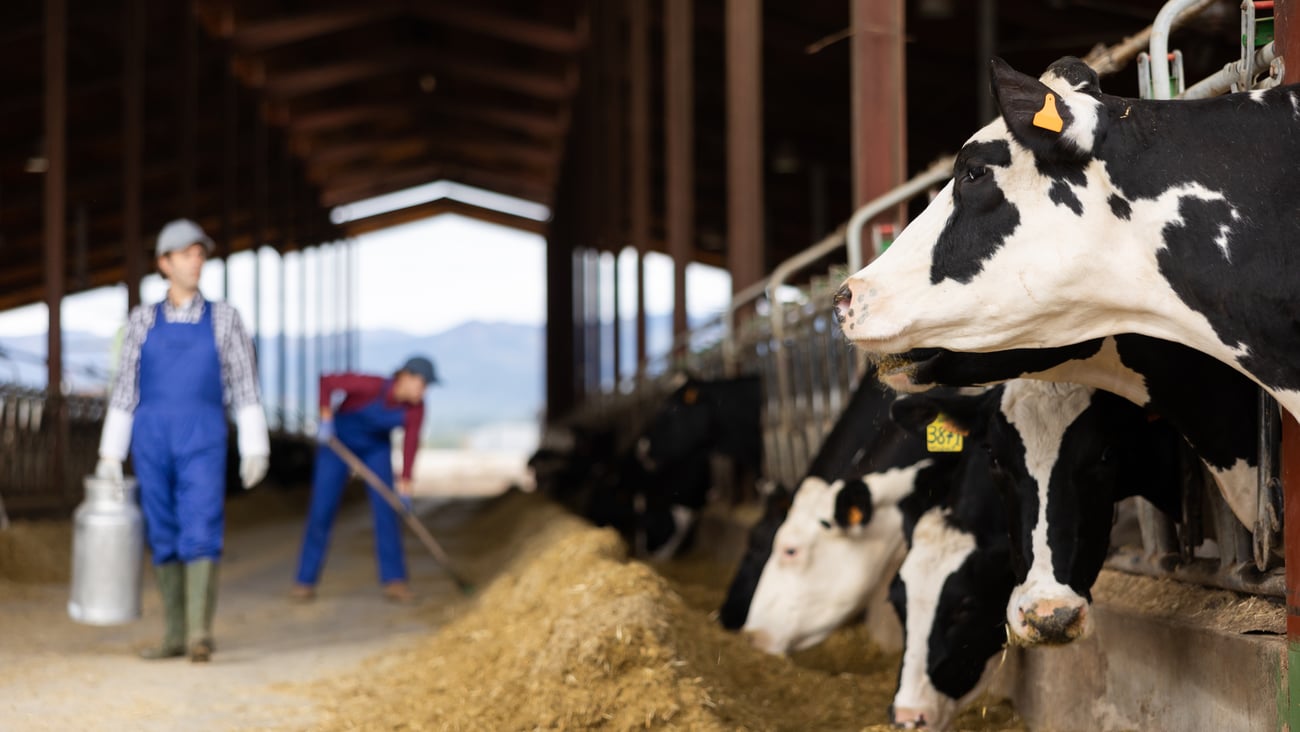Rise in food fraud 'inevitable' due to COVID-19
When costs rise, most food companies adjust. Safe, fair and sustainable business practices are always a priority in this sector. Regrettably though, it is not always the case. Several food science experts believe that an increase in food fraud is inevitable due to COVID-19. The Food Authenticity Network Advisory Board, which includes more than 1,500 food science experts from around the world, met earlier this month. Given the disruption in global supply chains caused by COVID-19 and the decrease in the level of surveillance, an increase in the number of cases of food fraud, according to the group, is more than likely.
With physical distancing and unprecedented health measures, the food chain has been challenged since the beginning of the pandemic. The obvious objective is to protect workers. From farm to table, each company participating in the food chain has seen its operating costs increase. No company has been immune to this. This is essentially why food prices will go up. But some companies, albeit a minority of them, will try to remain competitive by not following well-established rules. We already know there are food shortages in some parts of the world, which will put additional pressure on suppliers. Therefore, it is entirely reasonable to expect an increase in fraud with the aim of retaining existing customers, or even gaining new ones, by supplying goods that are not readily available on the market. Tempting, but illegal as well.
Indeed, each recession brings its share of criminals and food fraudsters who are motivated by the desire for economic gains. COVID-19 is no exception, and is an ideal scenario for criminals. Above all, most of the regions of the world are facing extreme economic slowdowns due to COVID-19. Businesses may be tempted to take short cuts or turn a blind eye to things that may not seem entirely right when purchasing food and ingredients.
The climate is ideal for fraudsters. Many consumers, financially challenged by our faltering economy, will become full-time bargain hunters. Now that buying locally is more popular than ever, the number of products whose provenance has been tampered with may also increase. Consumers need to ask the right questions and monitor prices. If the price is too low, ask yourself questions. For example, ask your retailer if their suppliers have been audited recently since the start of the pandemic. Audits are quite common practice in normal times, but the pandemic may have disrupted the schedule of several companies.
The product categories most often affected by food fraud are oils, fish, seafood, and meat products. Honey, fruit juice, spices and organic food products are also often affected by fraud during an economic crisis. We must, therefore, be vigilant. And if you suspect something, you can report a food safety or labelling incident to the Canadian Food Inspection Agency, which now has a generous budget to combat fraud.
Food fraud has been around for thousands of years. This is nothing new. With better detection technologies and with greater surveillance practices, we can protect ourselves better. Governments are on the lookout, but as consumers, so must we.




